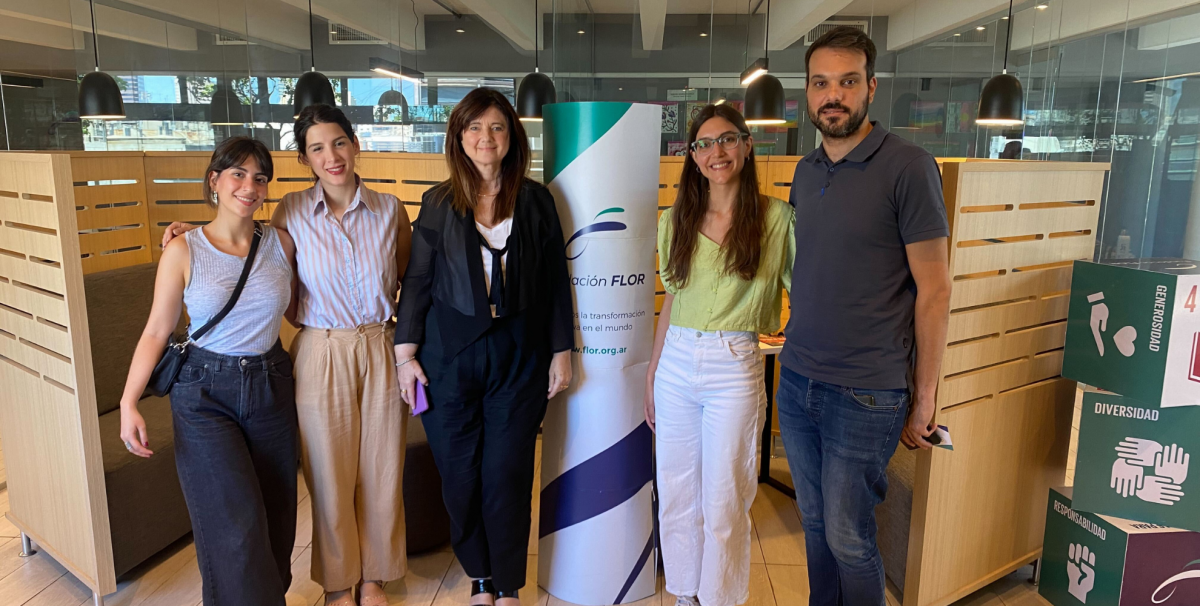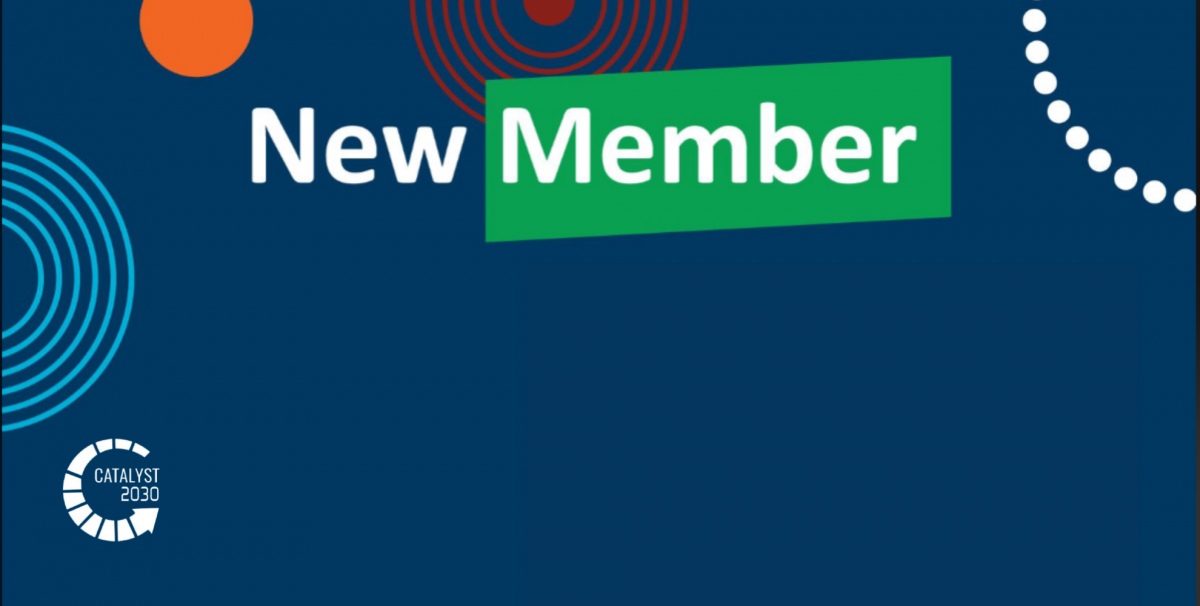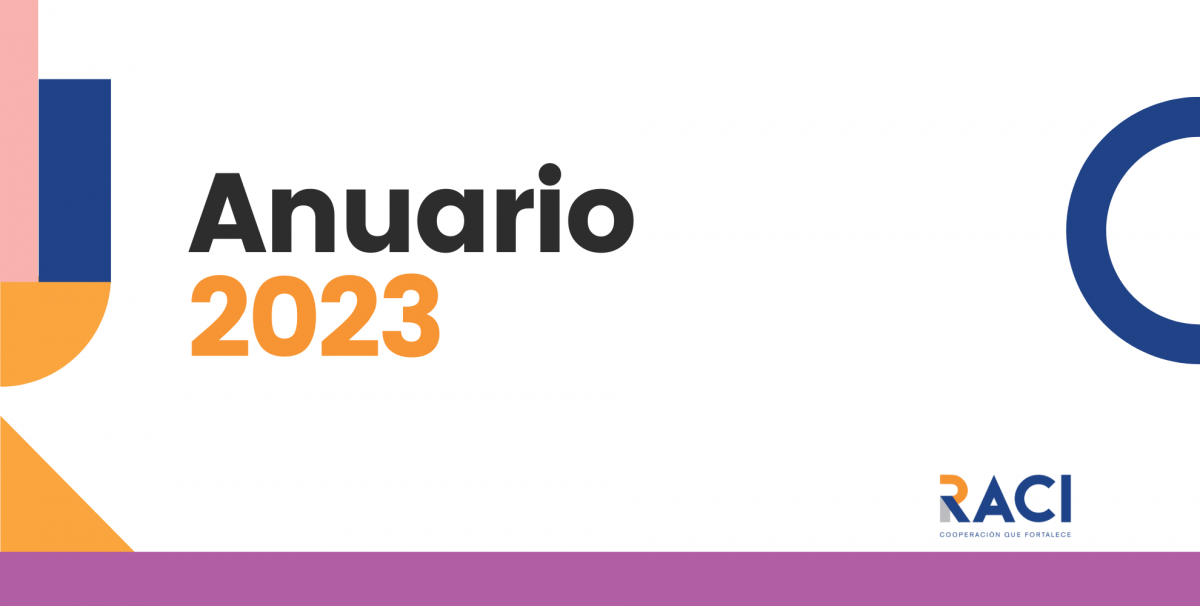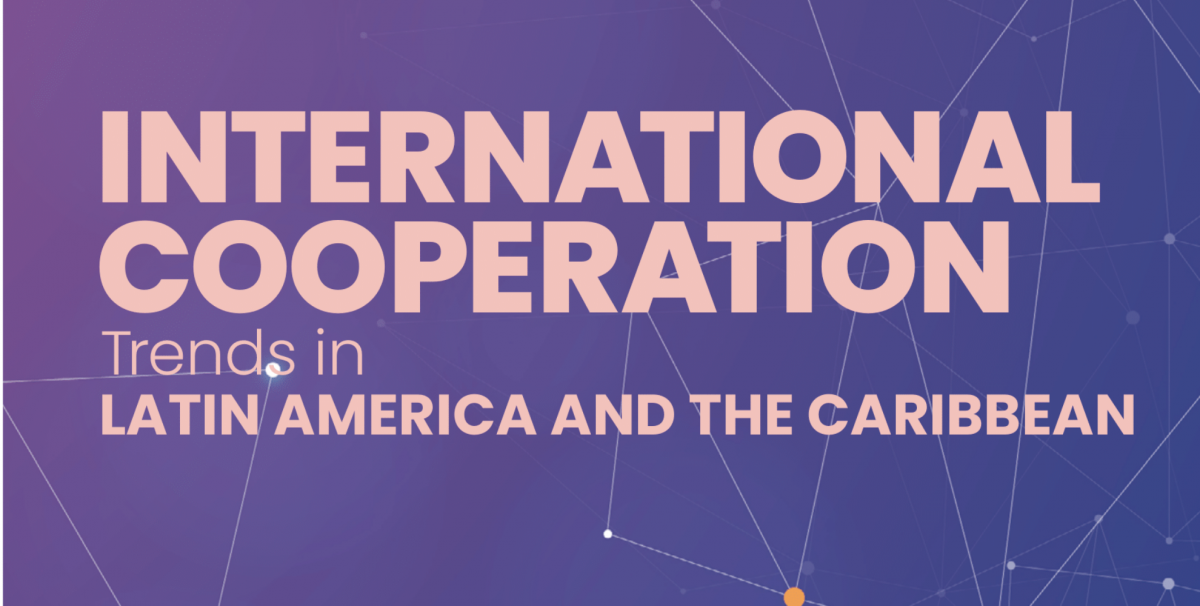We visit women in Technology.
Through a virtual meeting, the Women in Technology (Mujeres En Tecnología) team welcomed us to share their work. Through a virtual meeting, we were welcomed by Soledad Salas, Founder and Executive Director, and Yanina Dominguez, Director of Finance.
MET is an organization dedicated to promoting inclusion and diversity in the technological ecosystem through its courses, workshops, study groups and research. It also helps more women and gender diversity to connect professionally in the tech ecosystem.
MET has a significant reach, with 8,000 community members, more than 6,500 women and diversities trained, and 41,000 participants in its events.
Learn more about his work by visiting his website.
FLOR Foundation opened its doors to us
In our recent visit to the FLOR Foundation we were able to learn about its work in building a network of leaders committed to the goal of building more sustainable, diverse, inclusive and equitable societies.
We spoke with Giselle Petraglia, Executive Director and Victoria Borelli, Coordinator of Institutional Development and Communication, who told us about their projects, programs and new initiatives that they will carry out this new year.
FLOR Foundation invites us to lay the foundations for a more responsible society, where diversity and solidarity are sources of growth, sustainability, respect and peace. Managing diversity is the foundation’s key to achieving the transformation to a more just and inclusive society.
Furthermore, Fundación Flor recognizes and values the impact of numerous organizations that are already walking this path. For this reason, it annually awards the FLOR Awards for Diversity, an initiative that pays tribute to those who are leading the change towards a more inclusive reality.
We are pleased to work with Fundación Flor and Mujeres en Tecnología. Both organizations are pillars for the active construction of a more equitable and diverse future.
Thank you for having us!






